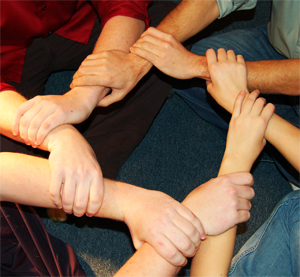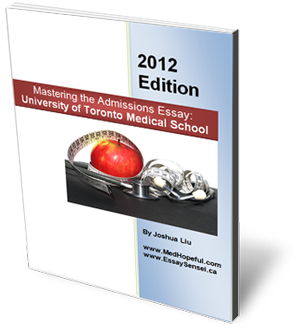 |
I have written a lot about medical school, but mostly about getting in and some of my experience as a “preclerk” – the primarily classroom based learning I did in my first two years of medical school.
Now that I am in my 4th and final year, I have over a year of clinical experience under my belt. Besides two weeks off for winter break, I have spent the last 12 months straight working in hospitals and clinics, rotating through every single service imaginable. One week I would be suturing lacerations in the emergency room, and the next I could be delivering a baby. I am a firm believer that a medical student’s first clinical year presents the steepest learning curve in all of medical training.
However, I didn’t write much about clerkship for a few reasons.
The first is that it was my busiest year ever, and that meant I always found an excuse not to write: too tired, too busy, too stressed, etc. Fortunately, 4th year is full of elective rotations, and my schedule is much improved. I don’t have any excuse for not writing unless I get lazy. Hopefully that doesn’t happen (look, this is the first time I would have blogged two days in a row in forever – when was the last time that happened?).
The second is that I was always worried about what I would be allowed to write from clerkship. Given that I am seeing patients and coworkers day in and day out, I was scared to write something that would identify another person. It doesn’t help that I write openly as myself – anyone who has come into contact with me on service might think I am writing about them. Now that I have completed my core rotations, I have a bit more freedom to write, but of course I will be safe and cognizant of privacy.
The third is that I just wasn’t experienced enough to write about clerkship. It has taken me the full year to really realize the value of clerkship and what it takes to be a great clerk. Chances are, what you think might make a good clerk probably is far from the truth – I know that was true for myself and my peers (hint: if you think the clerk who studies the most impresses the most, think again). It takes experiencing something as intense as clerkship to really realize what is expected of you and what you should really expect of yourself.
Now that I have this experience, I feel ready to freely share my thoughts on what it means to be a great clinical clerk. For those of you who have recently started or will soon be starting clerkship, I hope there are some gems in this article for you. For those of you still not yet in medical school but hope to one day, I hope this gives you a bit of insight into what being a medical student is like and what attitudes and skill would be useful to adopt in your life going forward.








